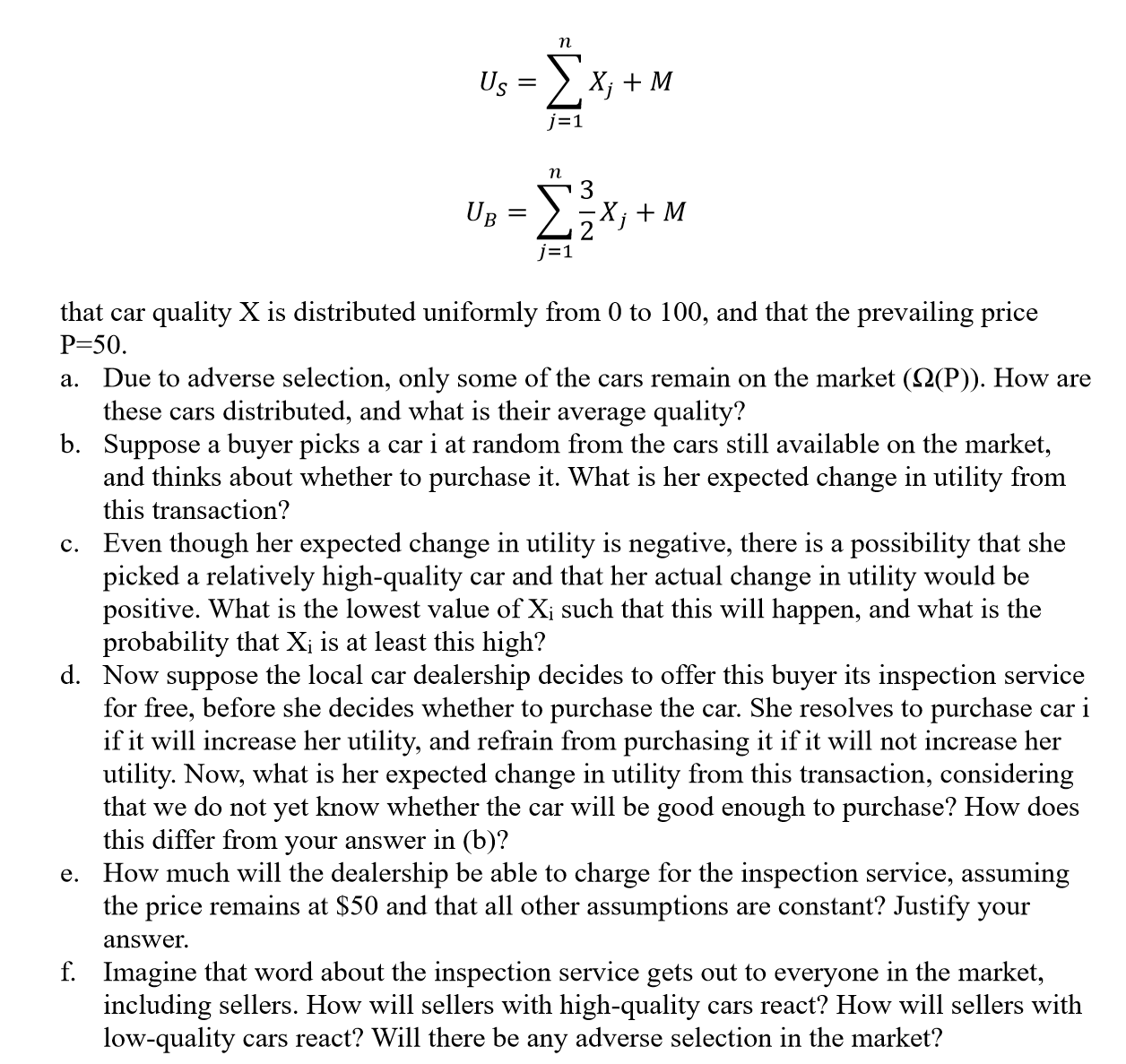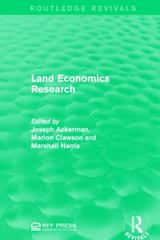Answered step by step
Verified Expert Solution
Question
1 Approved Answer
Please help me answer this question , thanks! Suppose a local car dealership is offering an inspection service that can perfectly determine the quality of
Please help me answer this question , thanks!


Step by Step Solution
There are 3 Steps involved in it
Step: 1

Get Instant Access to Expert-Tailored Solutions
See step-by-step solutions with expert insights and AI powered tools for academic success
Step: 2

Step: 3

Ace Your Homework with AI
Get the answers you need in no time with our AI-driven, step-by-step assistance
Get Started


